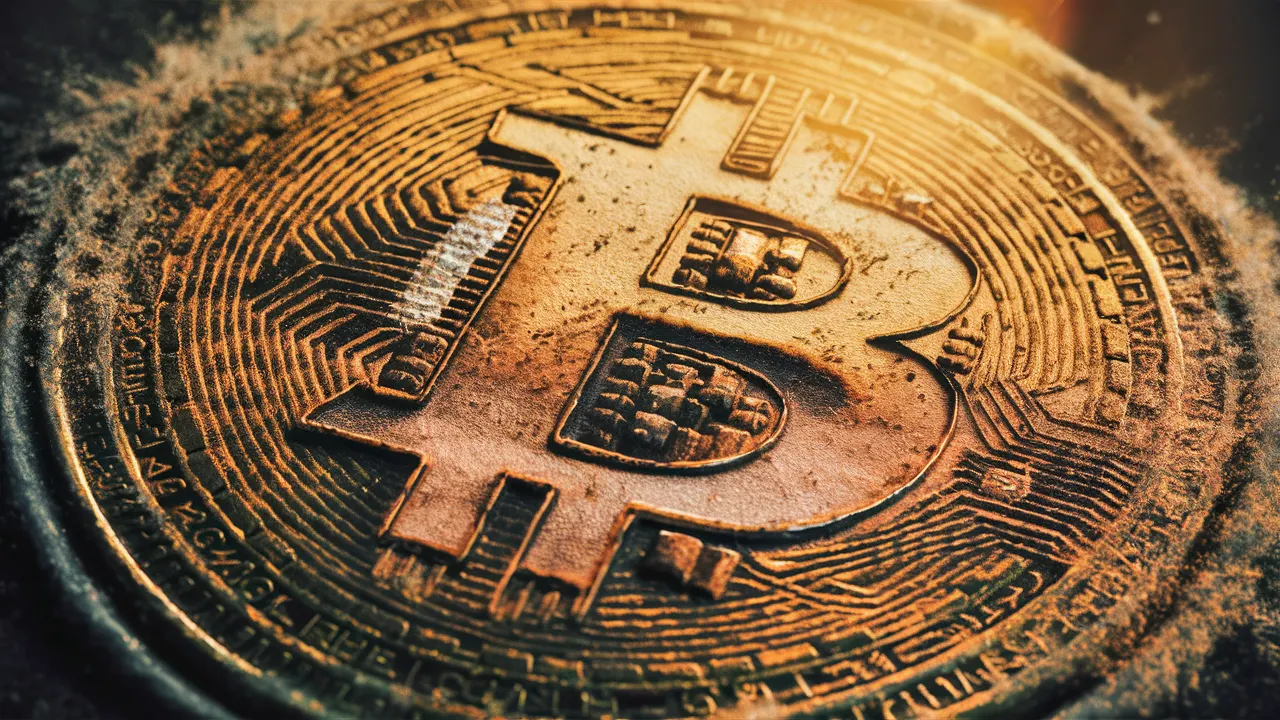Bitcoin fell 1.4% in quick succession on Tuesday morning after the Mt. Gox trustee sent a test transaction and then moved $2.8 billion worth of Bitcoin into one of its cold wallets on Tuesday morning, according to data from blockchain analytics platform Arkham Intelligence.
To be clear, the transaction appears to have only been Mt. Gox shifting funds from one wallet to another. But that appears to have been enough to leave investors feeling spooked.
At the time of writing, the Bitcoin price has fallen to $62,968.33. That marks a sudden dip after it rose above $65,000 earlier today marking its highest point in a month.
So far, the drop hasn't been enough to erase the rebound that Bitcoin experienced last week. The world's oldest and largest cryptocurrency is trading 10% higher than it was seven days ago, according to CoinGecko data.
The Mt. Gox cold wallet, which last saw a transaction two weeks ago, now holds $3 billion of the nearly $9 billion total Bitcoin that's due to be transferred to creditors. Last month, the trustee confirmed that it would begin Bitcoin repayments in July, Decrypt reported.
But the trustee isn't handling all this on its own. Bitstamp, one of five crypto exchanges being used to distribute Bitcoin to creditors, said last week that distributions would begin "as soon as possible."
“According to the agreement with the Mt. Gox trustees, Bitstamp has 60 days to distribute the tokens, though we are, of course, working to make sure those investors are made whole as soon as possible,” the Robinhood-acquired exchange said in a statement shared with Decrypt.
Mt. Gox was once the world’s largest Bitcoin exchange. The Tokyo-based company accounted for an estimated 70% of all Bitcoin trading volume in 2013. Mt. Gox CEO, Mark Karpeles, told Reuters in a now-deleted report that the exchange saw $5 million to $20 million in incoming transfers each day.
The site, which launched in 2010, used to be a destination to swap physical Magic: The Gathering playing cards; with Mt. Gox being a shortened version of “Magic: The Gathering Online Exchange.” But once the exchange began supporting cash for Bitcoin trades, it moved away from trading cards for good.
Analysts previously told Decrypt they think the market is in a good position to absorb whatever selling pressure may come from Mt. Gox creditors receiving their BTC after a decade of waiting.
“The pressure of Mt. Gox has been vastly overestimated as many creditors are long-term Bitcoin enthusiasts who are less likely to sell all of their Bitcoins immediately,” Lennix Lai, the Global Chief Commercial Officer at OKX, told Decrypt.
Lai points to the German government’s weeks-long selling spree of seized Bitcoin as having a more significant impact on the market.
As of Friday afternoon, the German government had all but emptied its Bitcoin wallets.
Chidirim Ndeche contributed to this report.
Edited by Sebastian Sinclair.

